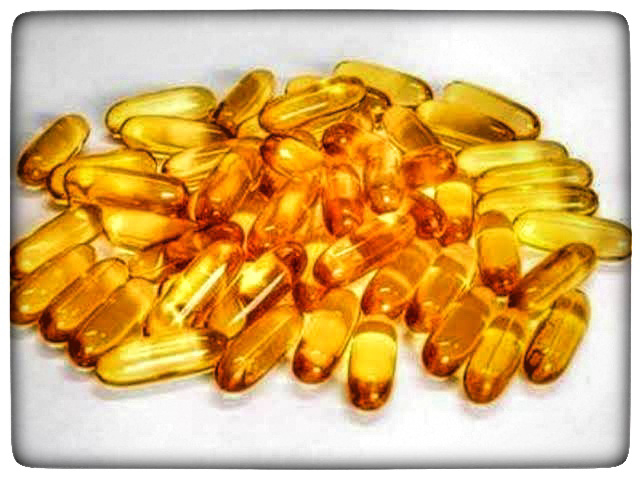Fish Oil is more than suppliment, rich in omega-3 fatty acids, plays a crucial role in the realm of bodybuilding, impacting various physiological processes that contribute to muscle growth, recovery, and overall performance. To understand its effects, we delve into the intricate mechanisms involving inflammation, protein synthesis, and cell membrane health.
**Inflammation and Recovery:**
Omega-3 fatty acids, notably eicosapentaenoic acid (EPA) and docosahexaenoic acid (DHA), possess potent anti-inflammatory properties. Intense workouts induce inflammation, a natural response to tissue damage. However, chronic inflammation can hinder recovery and impede muscle growth. Fish oil helps modulate this inflammatory response, promoting a balance that supports recovery without excessive inflammation.
**Muscle Protein Synthesis:**
Muscle protein synthesis (MPS) is the process by which the body builds new muscle proteins. Omega-3 fatty acids have been shown to enhance MPS, potentially contributing to increased muscle mass over time. This effect is linked to the regulation of key signaling pathways involved in protein synthesis, making fish oil a valuable supplement for those aiming to maximize muscle growth.
**Insulin Sensitivity and Nutrient Utilization:**
Fish oil has been associated with improved insulin sensitivity. Enhanced insulin sensitivity facilitates better nutrient uptake by muscle cells, ensuring that nutrients like amino acids are efficiently utilized for muscle repair and growth. This can be particularly beneficial for bodybuilders aiming to optimize their nutrient partitioning and support muscle-building processes.
**Cell Membrane Integrity:**
Omega-3 fatty acids are integral components of cell membranes. By incorporating these fats into cell membranes, fish oil helps maintain their fluidity and integrity. Healthy cell membranes are crucial for various cellular functions, including nutrient transport, signaling, and overall cell health. In the context of bodybuilding, this can contribute to optimal muscle function and resilience.
**Reducing Muscle Soreness:**
Intense workouts often lead to delayed onset muscle soreness (DOMS). The anti-inflammatory properties of fish oil can mitigate the severity and duration of DOMS, allowing individuals to train more consistently and with less discomfort. This indirect impact on training frequency and intensity can contribute to long-term gains in muscle mass and strength.
**Joint Health and Training Consistency:**
Joint health is paramount in bodybuilding, where repetitive and heavy lifting places considerable stress on joints. Omega-3 fatty acids exhibit anti-inflammatory effects that can benefit joint health, reducing the risk of injuries and supporting overall training consistency. Healthy joints enable athletes to perform at their best without being limited by discomfort or injury.
**Optimizing Hormonal Balance:**
Omega-3 fatty acids play a role in hormonal regulation. Hormones such as testosterone and cortisol influence muscle growth and recovery. Fish oil may contribute to maintaining a favorable hormonal balance for muscle-building purposes, although the specific mechanisms involved require further research.
In conclusion, fish oil's impact on bodybuilding is multifaceted, encompassing inflammation modulation, support for muscle protein synthesis, improved insulin sensitivity, cell membrane integrity, reduced muscle soreness, and joint health. Incorporating fish oil into a comprehensive nutritional and training regimen can be a strategic approach for individuals seeking to maximize their muscle-building potential.




No comments:
Post a Comment